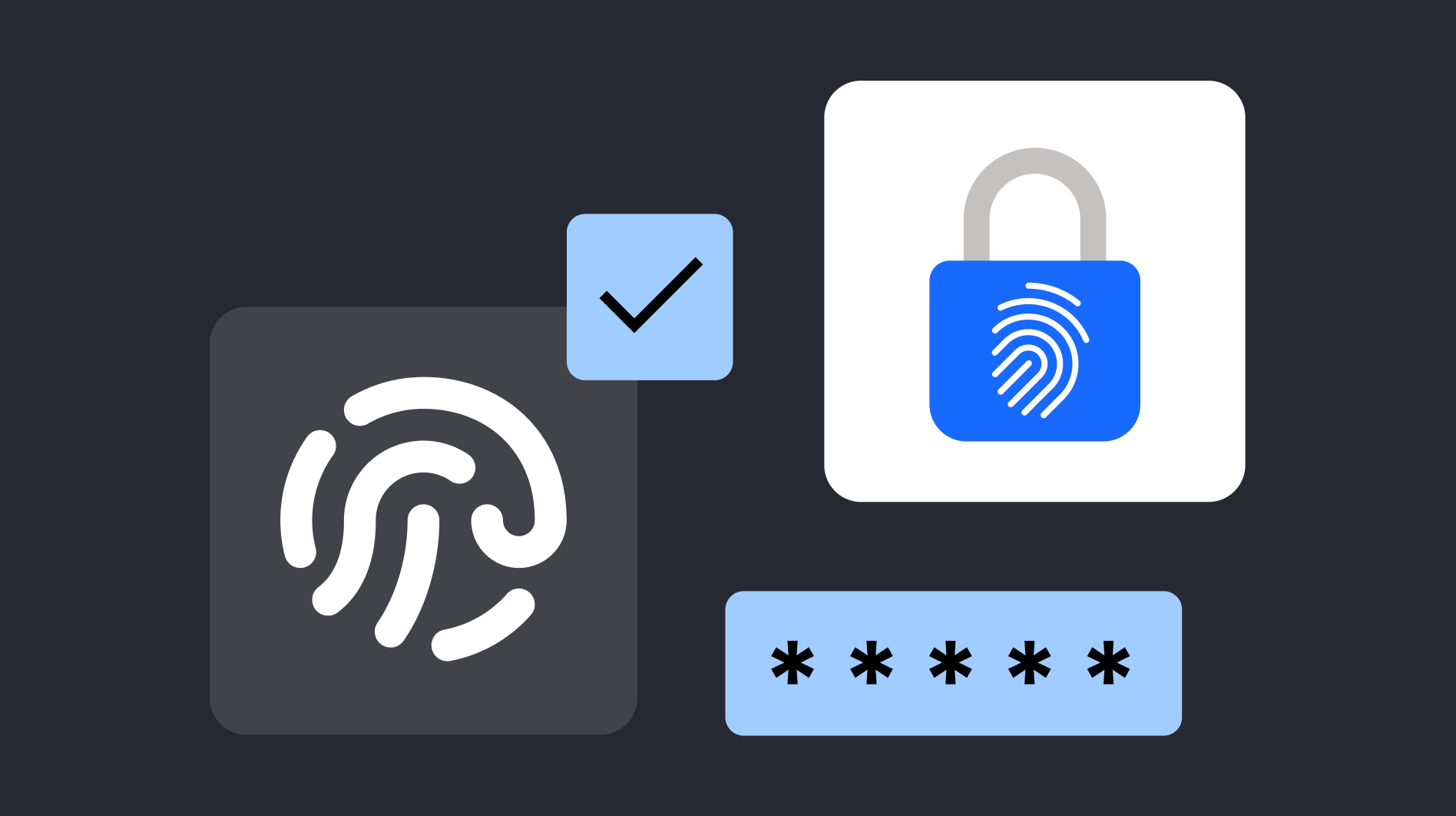Electronic payments are a must today. In fact, only 17% of transactions in the UK are made with cash and 19% in the US. Without a merchant account, a business would only be able to accept cash payments which would limit the way the business could operate—especially as the use of cash continues to decline.
What is a merchant account?
A merchant account is a type of bank account that enables a business to accept payments principally by debit and credit cards.
Merchant accounts act like a holding pen while a transaction is completed. Funds will be held in the merchant account until the transaction is approved between the customer’s bank, which is the card issuer, and the merchant’s business bank, known as the merchant acquirer.
How do merchant accounts work?
Let’s take the example of someone buying an item from an online shop. When the customer pays by entering their card details into the checkout, the card processor will send the purchase details to the merchant account, held by the acquiring bank. The acquiring bank then sends the purchase details to the relevant card association (e.g, Visa or Mastercard), which in turn forwards the details to the issuing bank. The bank will confirm if there are sufficient funds for the transaction. If so, funds can be released from the merchant account because the transaction has been authorized.
Learn more: What is a merchant ID number?
Is a merchant account the same as a business bank account?
No. A merchant account is a type of bank account that enables your business to accept credit card payments from customers, acting as an intermediary between your business, the customer's credit card issuer, and your business bank account. When a customer makes a credit card payment, the funds are first deposited into the merchant account before being transferred to your business’s bank account.
A merchant account is specifically designed to handle credit card transactions, while a business bank account serves as a comprehensive repository for managing all funds related to your company. As well as credit card processing, merchant accounts can support additional features like alternative payment methods, payment gateway integration, and fraud detection tools, which can also provide useful for legal entities like a merchant of record (MoR).
Types of merchant accounts
There are also three different types of accounts:
- Aggregated – this is when merchant accounts are pooled to create a single payment hub, which means the costs are lower because they are shared between many businesses.This is the main account within a payment service provider (PSP). You should use a PSP if:
- You want a quick setup for card payments – By consolidating multiple businesses under one extensive merchant account, the risk factor is reduced, and the qualification process becomes simpler. Typically, you can start accepting payments on the same day you apply with the PSP.
- You have low sales volumes – For businesses in the early stages, or those with limited sales volumes, PSPs offer a favorable streamlined pricing structure with flat-rate transaction fees. This makes it easier to budget for expenses.
- You want flexibility without contract obligations – PSPs generally offer month-to-month options without setup fees, giving you the flexibility to adapt to your business's evolving needs.
- Dedicated – a dedicated account is for one business only, and the rates will be tailored to individual needs. It is suitable for larger, higher-volume businesses with complex needs
- High-risk – a high-risk account is best for businesses in riskier industries such as gambling or travel. The risk means fees are higher.
Learn more: What is a rolling reserve?
Understanding merchant account costs
Merchant services fees refer to the charges imposed when customers use cards to make purchases from your business. These fees form part of the overall cost of payment processing services. The specific amount of the fee can vary depending on the provider, banks involved, card issuers, and the type of payment utilized.
Different merchant account providers employ varying fee structures. Some providers impose a fixed fee per transaction without additional charges, while others charge slightly more than what the credit card issuer would charge directly. Certain providers adopt a tiered pricing system, which takes into account factors like card type and other variables.
Merchant account pricing models
There are a few merchant account pricing models to be aware of:
- Flat-Rate: The flat-rate pricing model involves charging a fixed rate fee or a predetermined percentage for each transaction when a card is swiped. It can also combine both a flat fee and a percentage fee. The fixed percentage typically falls between 1.75% and 3%, and includes a per-transaction fee. This pricing model is particularly beneficial for small businesses as it offers transparency, making it easier to understand the costs involved.
- Interchange: The interchange pricing model, also known as Interchange Plus or Cost Plus, is when payment card companies like Visa and Mastercard charge a processing fee – known as the interchange rate – for each transaction. Some merchant account providers may add a markup to this rate, resulting in additional charges for your business.
- Tiered pricing: Tiered pricing is characterized by a diverse range of cost structures and relatively low transparency. It depends on various factors, including the type of card used (credit, debit, or prepaid), and incorporates multiple costs that may not always be clearly specified in your statements. Also, tiered pricing can vary based on how the card was accepted, i.e. whether it was physically present, keyed in, or swiped. In short, tiered pricing is the most complex model and may not be the most beneficial for small businesses.
Do I need a merchant account?
If you want to take card payments in person or online, a merchant account is the standard way to do it. If your business only accepts cash, you would not need a merchant account, but card payments are vital for nearly every business today and merchant accounts make it easy.
However, that doesn’t mean you have to set up a merchant account with a bank. Payment processors such as Checkout.com provide this facility as part of their core payment platforms, which will also include a payment gateway to accept payment details and connect with the payment network.
What is the difference between a merchant account and a payment gateway?
A merchant account is where payment funds are temporarily held and managed, while a payment gateway enables the secure transfer of funds from the customer's bank to the merchant account after a payment transaction has been verified and authorized.
A merchant account serves as a holding account for payment transactions, collecting and storing information related to these transactions. When your business accepts card payments, the funds from these transactions are initially deposited into the merchant account, which acts as an intermediate account before the funds are transferred to your regular bank account.
On the other hand, a payment gateway is the link between the customer's bank and the merchant account, facilitating online transactions by securely transmitting transaction data between the customer, the merchant, and the relevant financial institutions.
Learn more: merchant account vs payment gateway
Alternatives to merchant accounts
While having a merchant account is often essential for accepting debit and credit cards, there are some alternatives that allow your business to accept payments online without a merchant account. With one of these alternatives, you can choose the option that best fits your needs and provides a seamless payment experience for your customers.
- PayPal – PayPal is a popular alternative to merchant accounts that allows online businesses to process credit cards, debit cards, and bank transfers. By creating a PayPal business account, your business can accept payments on a fee-per-transaction basis.
- PayFac Providers – The PayFac (payment facilitator) trend has emerged as an alternative to traditional merchant accounts. Payfacs act as intermediaries, facilitating communication between merchants and acquiring banks through sub-merchant accounts. This growing segment includes various providers offering alternatives to merchant accounts with banks.
- Payment Service Providers (PSPs) – PSPs are entities that offer comprehensive payment solutions, enabling your business to accept various payment methods, including card payments and alternative methods like digital wallet payments (Apple Pay etc).
As research from Checkout.com shows, it’s crucial for PSPs to offer a wide range of payment methods to cater to consumer preferences, with 60% of consumers saying they’d abandon their cart if they weren’t able to play with their preferred payment method. If you want to run an online business, the bottom line is you must have a merchant account or an alternative to accept debit and credit cards.
How to get a merchant account
There is a well-defined process that every business must go through before it can get a merchant account. Here’s a summary of the main steps and considerations:
- Get a business licence
If you don’t already have one, the first step is to get a business licence. Most businesses will already have one, as a licence is needed for legal reasons, but it may be on your list of things to do if you are a start-up. Every business will need to prove it is legitimate to gain a merchant account.
- Open a business bank account
You will need a business account at your bank – the acquirer bank. This is where card payments will be deposited by the merchant account provider and from which any transaction fees will be deducted. It’s straightforward and quick to open an account with your local branch once you have a business licence and can show your employer identification number (EIN).
- Select the right provider for your business needs
Merchant account providers offer different services and every business will have different needs. For example, the types of cards that the business will need to accept and whether online and mobile payments are a requirement. It’s important to choose a provider that is PCI compliant, as security is essential for all transactions.
- Application and underwriting
As well as showing a business licence, you will need to provide a range of other qualifying information, such as the nature of your business and forecasted turnover, and undergo an underwriting process.
Does Checkout.com provide a merchant account?
Because Checkout.com is a full end-to-end payments solution, it includes the functionality of a merchant account, acquirer and payment gateway all in one. This is backed by a wide range of other benefits to optimize payments.
With Checkout.com as your payments provider, you have an all-in-one solution with a merchant account tailored to your needs.



.jpg)

.png)






_How%20and%20why%20to%20launch%20a%20card%20program%20(1).png)



_Introducing%20Issuing.png)